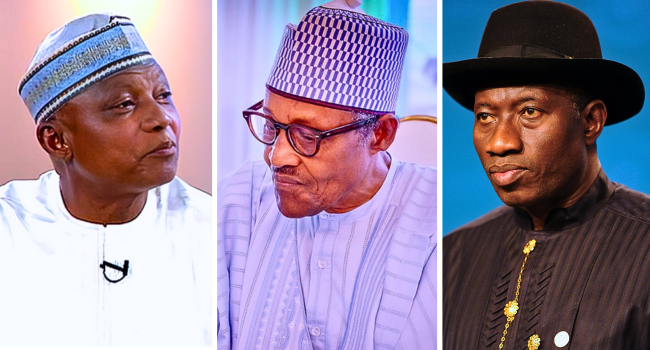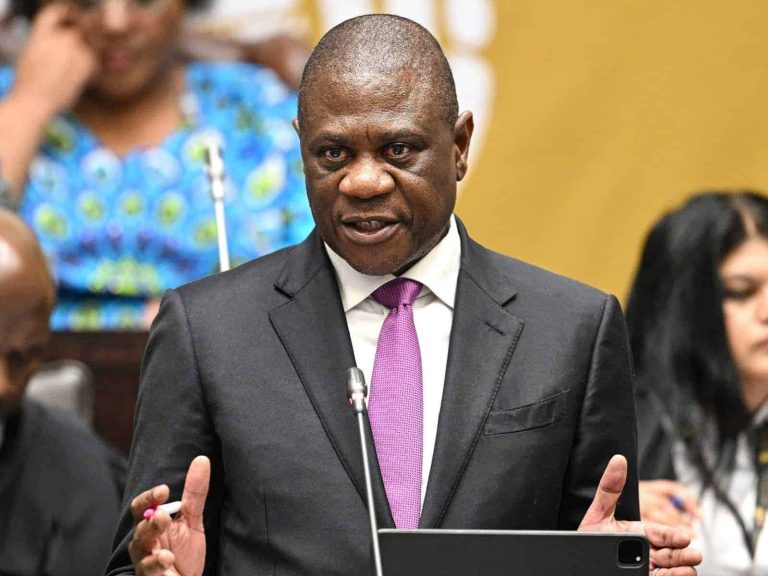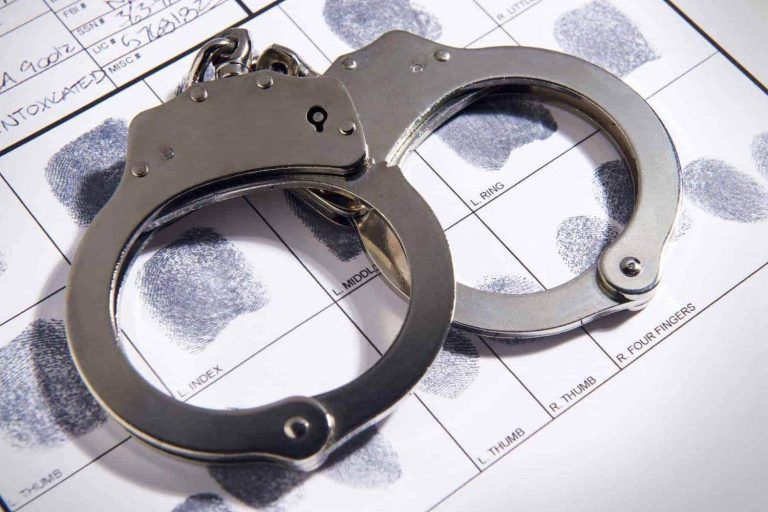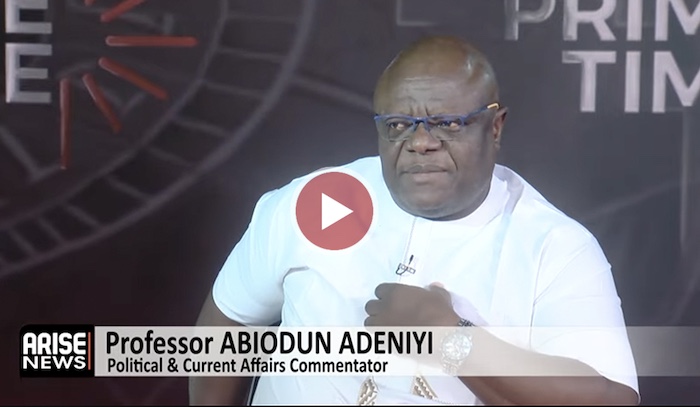
Former presidential spokesperson Garba Shehu has dismissed claims by former President Goodluck Jonathan that the terrorist group Boko Haram once nominated the late former President Muhammadu Buhari to represent it in peace talks with the Federal Government.
Shehu, who served as Senior Special Assistant on Media and Publicity to President Buhari, made the rebuttal in a statement posted on X (formerly Twitter) on Friday, describing Jonathan’s assertion as false and politically motivated.
“Boko Haram did not nominate Buhari as their mediator. To be president in 2027, Goodluck Jonathan should look for another story to tell Nigerians,” Shehu wrote.
Jonathan had earlier made the claim at the public presentation of “Scars: Nigeria’s Journey and the Boko Haram Conundrum,” a book authored by former Chief of Defence Staff, General Lucky Irabor (retd.), in Abuja.
He recounted that his administration established several committees to engage the insurgents, one of which allegedly received communication from Boko Haram naming General Buhari as their preferred negotiator.
“Boko Haram nominated Buhari to lead their team to negotiate with the government,” Jonathan said, adding that he had expected Buhari to leverage that connection to end the insurgency after taking office.
Jonathan further reflected on the protracted conflict, acknowledging that it proved “far more complex than many believed,” and lamented that the 2014 Chibok schoolgirls’ abduction remained “a scar I will die with.” He urged the current administration to adopt both carrot-and-stick approaches to end the crisis.
However, Shehu rejected Jonathan’s narrative, calling it “a terrible claim” and “a false start” if meant to bolster a future political ambition.
“Neither Muhammed Yusuf nor Abubakar Shekau — both deceased Boko Haram leaders — ever nominated Buhari for any negotiation role. In fact, Shekau routinely denounced and threatened Buhari, and their ideologies were completely opposed,” Shehu stated.
He recalled that Buhari narrowly escaped a 2014 bomb attack in Kaduna, which injured several aides, underscoring the former president’s opposition to the extremist group.
Shehu added that reports linking Buhari to Boko Haram in 2012 were politically driven. He cited a statement issued at the time by the Congress for Progressive Change (CPC), Buhari’s then-political party, which categorically denied any such nomination.
According to Shehu, Buba Galadima, then CPC National Secretary, clarified that Buhari had “no knowledge of any such appointment.” Similarly, the late Rotimi Fashekun, the party’s National Publicity Secretary, dismissed the report as “a ploy by the PDP-led government to divert attention from massive looting.”
Fashekun, he recalled, further alleged that there were “three variants of Boko Haram” — the original group, criminal opportunists, and a political faction allegedly aligned with the PDP government at the time.



